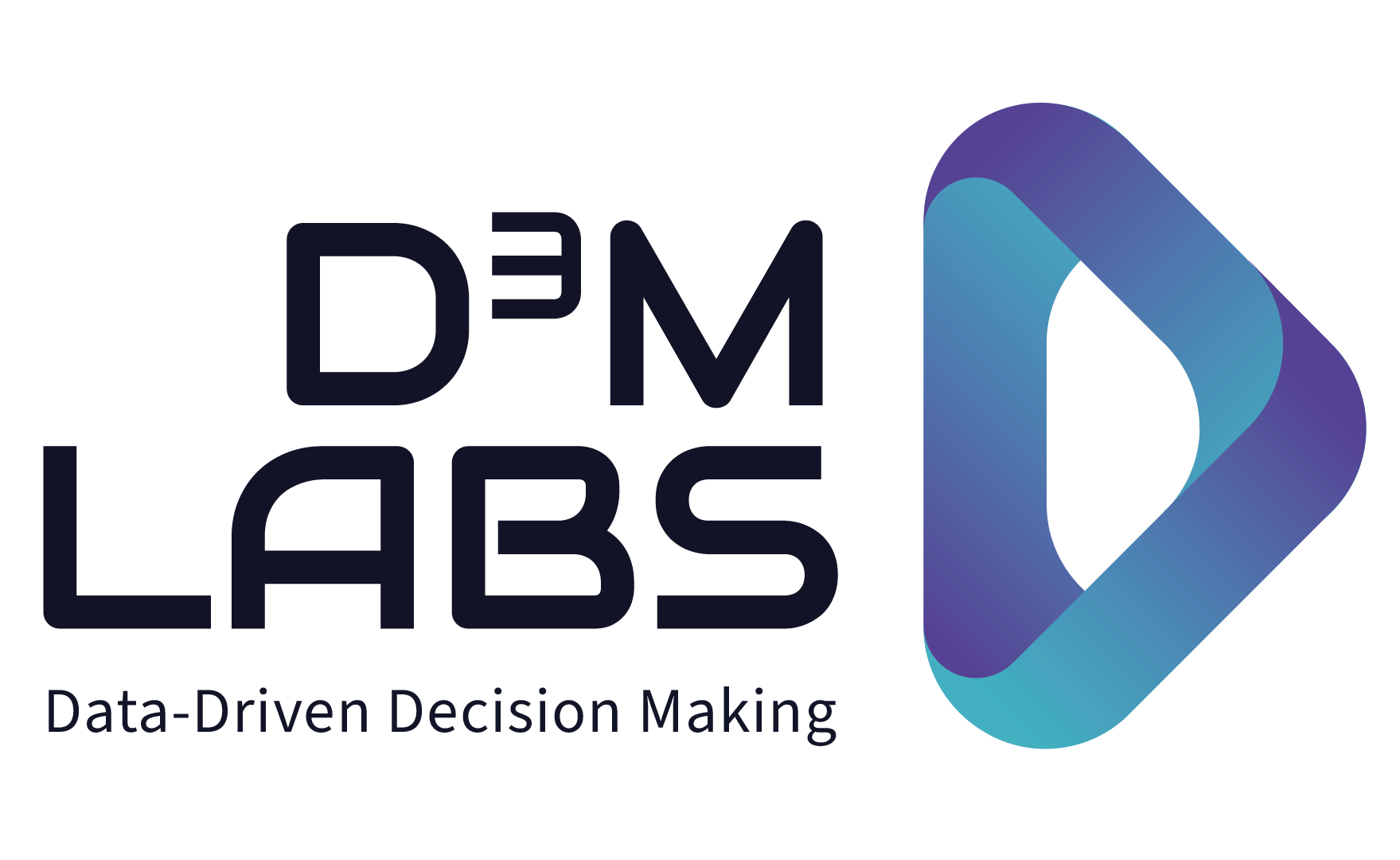Data science is moving from R&D into products – both online and off. Managing data products requires evolution from both traditional software and hardware development.
Introducing the two-part series:
Part 1: Managing the data science product – an interview with Anna Hannemann, PhD. Anna Hannemann, PhD of Metro.digital shares what she has learned, building on software development, managing data science products end-to-end, working cross-functionally for business impact. She also talks about the future of data science teams and what companies should pay attention to when building data science product management capabilities, as well as how she thinks new advances such as low code and no code will impact data science product teams.
Part 2: Product life cycle management in the era of smart devices – an interview with Eric JoAchim Liese. Eric JoAchim Liese of BSH talks about how traditional hardware manufacturers can navigate the transformation of product ife cycle management as devices get smart. As devices get smart, product lifecycle management for hardware needs to evolve to encompass the view of data as a long-term asset and as an active, even pro-active part of the customer relationship. Eric Liese talks about edge computing and device autonomy as being requisite to providing a good customer experience. He also explains how traditional hardware manufacturers can evolve their operations and hire in expertise.
Learning from the experts, implementing their insights in your context.
These interviews will explore best practices, as well as well as organizational and cultural requirements necessary to create and manage excellent data products.
Looking under the hood at the technology, the interviews go into how new technologies on the market such as no- and low- code tools are impacting data science teams. Edge computing, device autonomy and the evolution of algorithms along with the requisite hardware to deal with increased algorithmic complexity in an economical and manageable way are also topics discussed in the interviews.
Related content
The prevelance of AI and the importance of engaging in dialogue
Beyond AI, the realities of operationalizing AI – A podcast interview with Elizabeth Press
Why the public needs to know more about AI – An interview with Varsh Anilkumar

